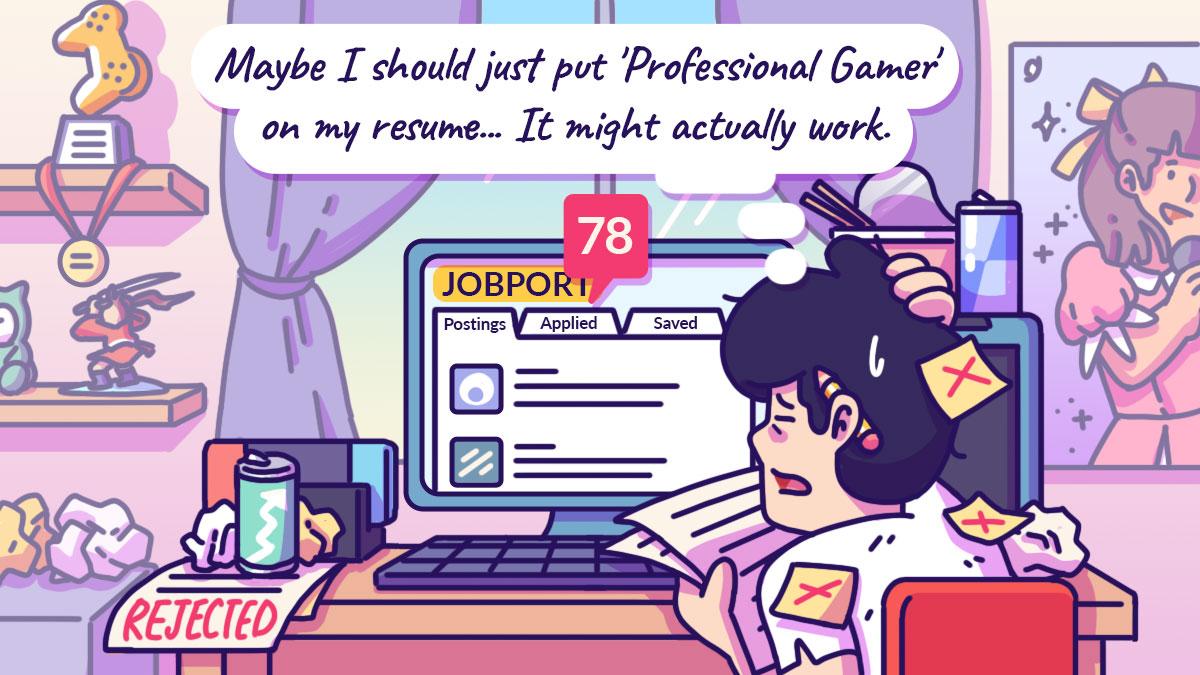This year’s budget is — in millennial speak — dummy thicc. And if you can’t be bothered to scroll through the long list of new implementations and initiatives, we have listed down the main things that will impact our readers — the young middle-class — from the student to the young working adult.
Here’s a quick roundup of what’s directly applicable to us, according to category.
Are you a freshman in university? The government has set a target that 70% of local graduates will be given the chance to have an overseas learning experience. 70% of that 70% will be sent packing to Asia — think ASEAN, China and India — via the Asia-Ready Exposure Programme, though the details of when it will be implemented are yet to come.
- SkillsFuture Credit Top-Up in October 2020
Been eyeing some courses to upgrade yourself? This year could finally be the year you commit — an additional $500 will be added to your existing SkillsFuture credit balance, meaning that if you are part of the 50% that hasn’t yet spent your SkillsFuture credits, you’ll have $1,000 in SkillsFuture in your account by October this year.
Do note that this additional $500 will expire in five years, by 2025 — and the original $500 given in 2016 does not have an expiry date.$1.6 billion will be poured into the Care and Support Package to support Singaporeans throughout a rocky-looking 2020, in light of the COVID-19 situation and an uncertain economic climate. The benefits are as follows:
- Sometime this year, Singaporeans aged 21 and above will get a one-off cash payout of $100, $200 or $300, depending on your income bracket. If you own a single property and your income is between $28,001 to $100,000, you can expect to receive $200;
The GST increase from 7% to 9% will not be raised in 2021 as previously announced. It will now take place sometime between 2022 and 2025. When it does, cash payouts between $700 to $1,600 (depending on your income bracket) will be provided over five years to offset the increase.
- Supporting your parents that are retiring? Now, you have even more incentive to top up your parent’s CPF retirement account. If your parent is aged 55 to 70 years old and has yet to hit the basic retirement sum (BRS), the government will match every dollar of cash top-ups made to their CPF Retirement Accounts, up to an annual cap of $600. This scheme will be applicable from 2021 to 2025.
Noteworthy: You enjoy tax relief for every dollar you contribute (in cash) to your parents CPF accounts.
- If you are a mum/dad with at least one child below 20 years of age, a $100 cash payout will be provided. This will occur sometime this year.
- Have a young kid on the way? The good news is that the government plans to double spending on preschools down the road. In addition, the government will increase the amount of government-supported preschools significantly from 50% to 80% in the coming years.
The Basic Retirement Sum will be adjusted by 3% per year for the next two cohorts. For cohorts turning 55 in 2021, the BRS will be $93,000. For those turning 55 in 2022, the BRS amount will be $96,000.
While might not impact you directly — we can observe that the government is sticking to a flat 3% increment rate on the minimum sums (rather than the nominal $2,500 increase we
predicted). This rate of increase has been consistent for 8 years — so this 3% rate is something we can reference when planning for our retirement in the far future.Planning to get a car — but want to save the planet? Those who purchase fully electric cars will receive a rebate of up to 45% on the additional registration fee (capped at $20,000).
Locally, electric cars have been expensive, even the cheapest model, the
Nissan Leaf, costs $150,000 today — but we can expect prices to fall as electric vehicles get more popular around the world. The scheme starts from 2021 and will last 3 years.
University Graduates
Working Professionals
- New SkillsFuture Enterprise
Eligible SMEs will be provided $10,000 in SkillsFuture credit to encourage businesses to send staff for training — 90% of training costs can be covered; this means more training and upgrading opportunities for you!
Direct Benefits To All
- GST U-Save Vouchers (utility bill rebates) for eligible households will be doubled with a one-off special payment in 2020;
- A service and conservancy charge (S&CC) rebate will be given for another year, for eligible households. These rebates will be between 1.5 to 3.5 months. This also applies in 2020.
GST Increase
The Sandwich Generation
- Additionally, if your parents are PAssion Card members and aged 50 and above, they will enjoy a $100 top-up — which can be used on groceries and other activities. This will happen in May this year.
Young Parents
CPF-Related Matters
The Environment
In addition, the government plans to continue spending on infrastructure in order to support charging points for electric vehicles, from 1,600 to 28,000 charging points by 2030.
Whew, even after all of that, this is all just the tip of the iceberg! There are a slew of other initiatives introduced in the 2020 budget which you can study on the
Budget 2020 website. Other initiatives range from mid-career training and re-employment schemes for those in their 40s to 50s, to environmental initiatives to make Singapore more eco-friendly.
But the above list only includes things we thought would be the most relevant to you (and us at TSS)!











